

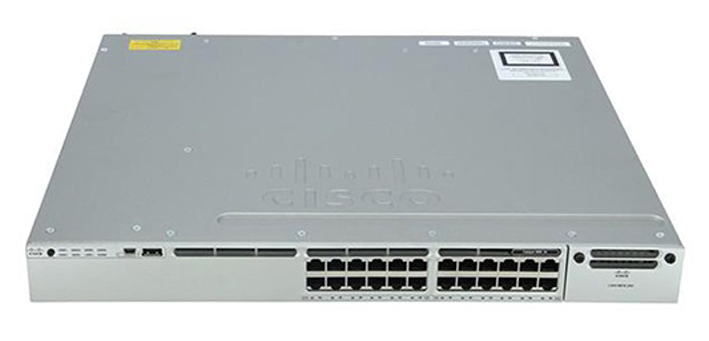
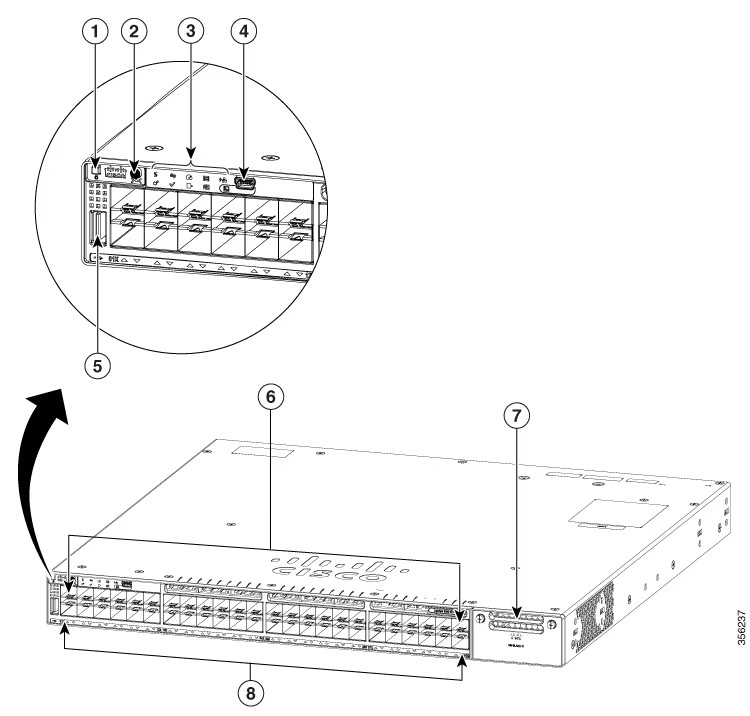

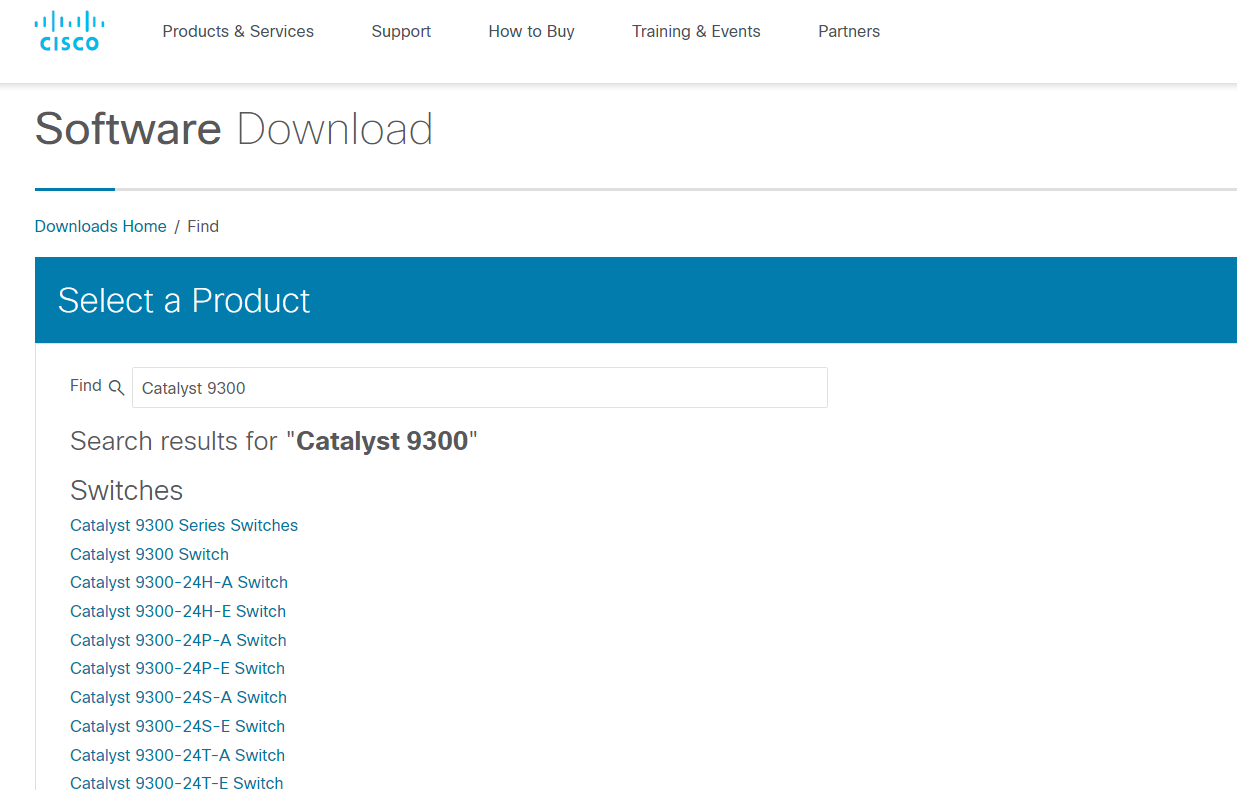
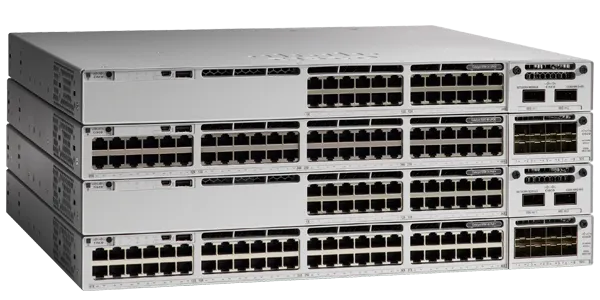
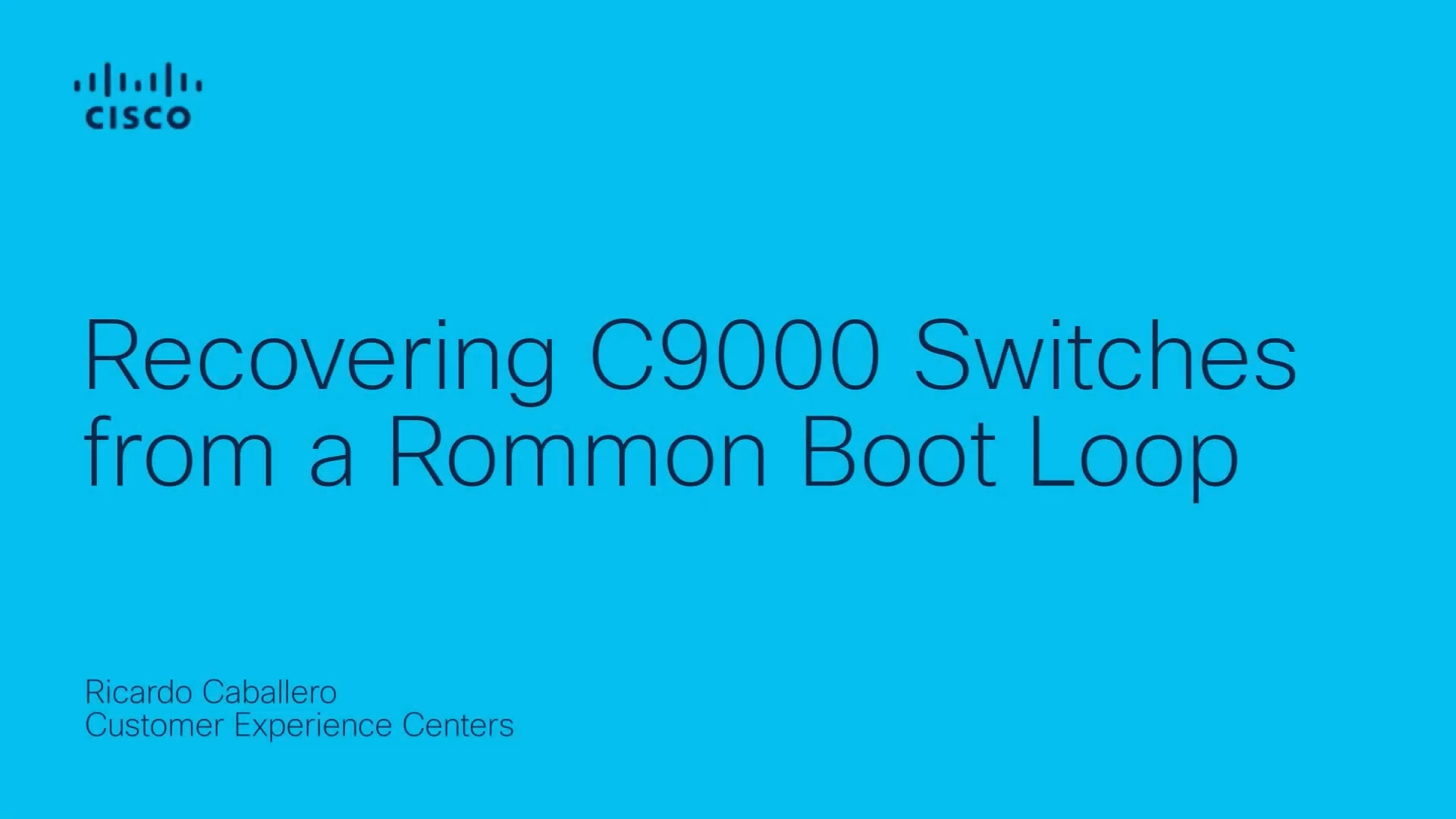
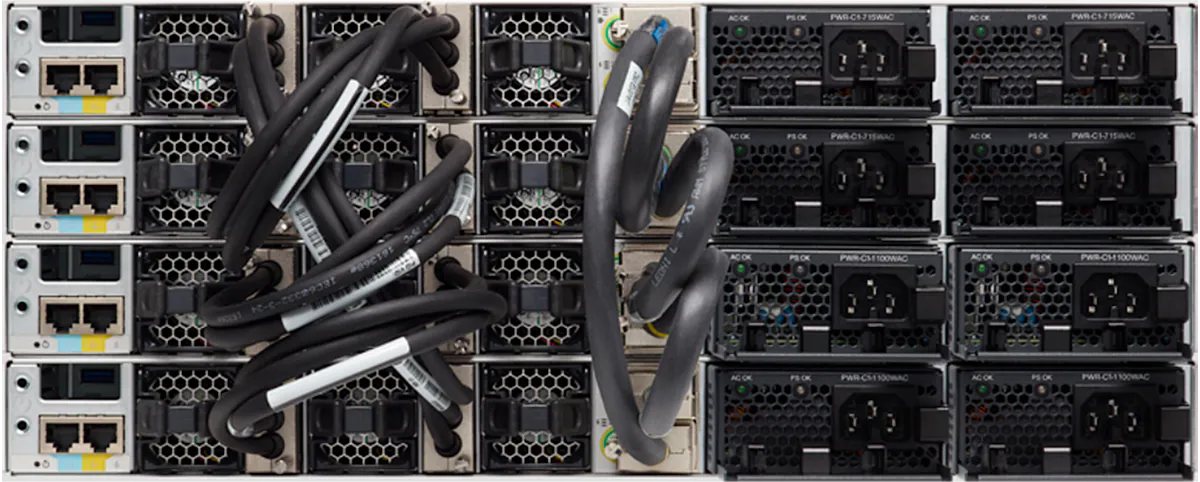
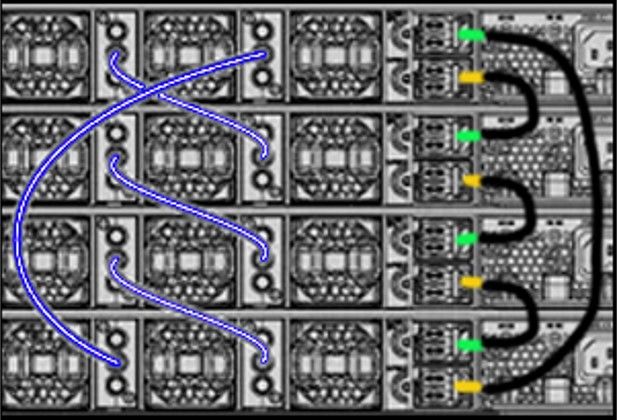
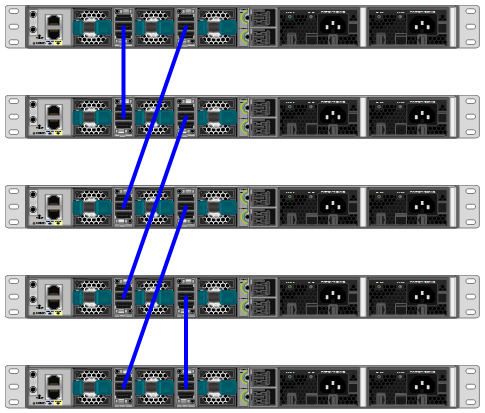
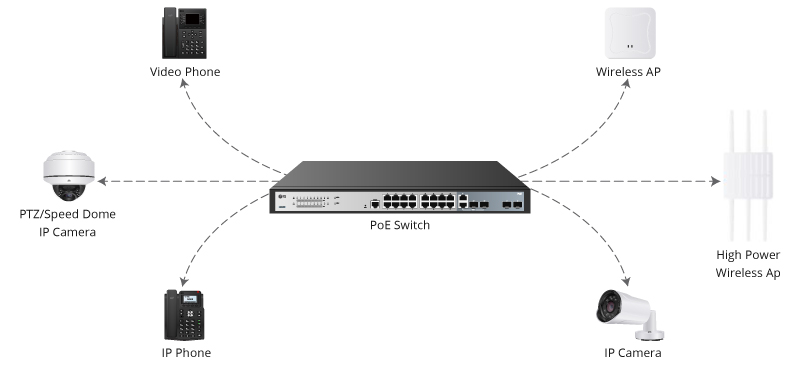
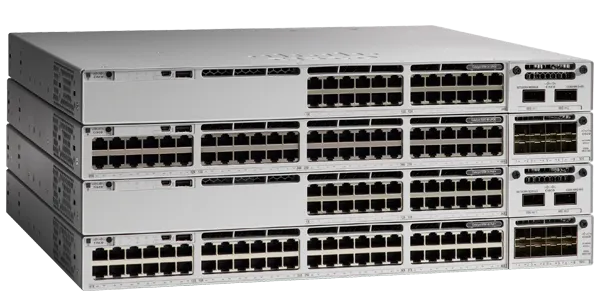
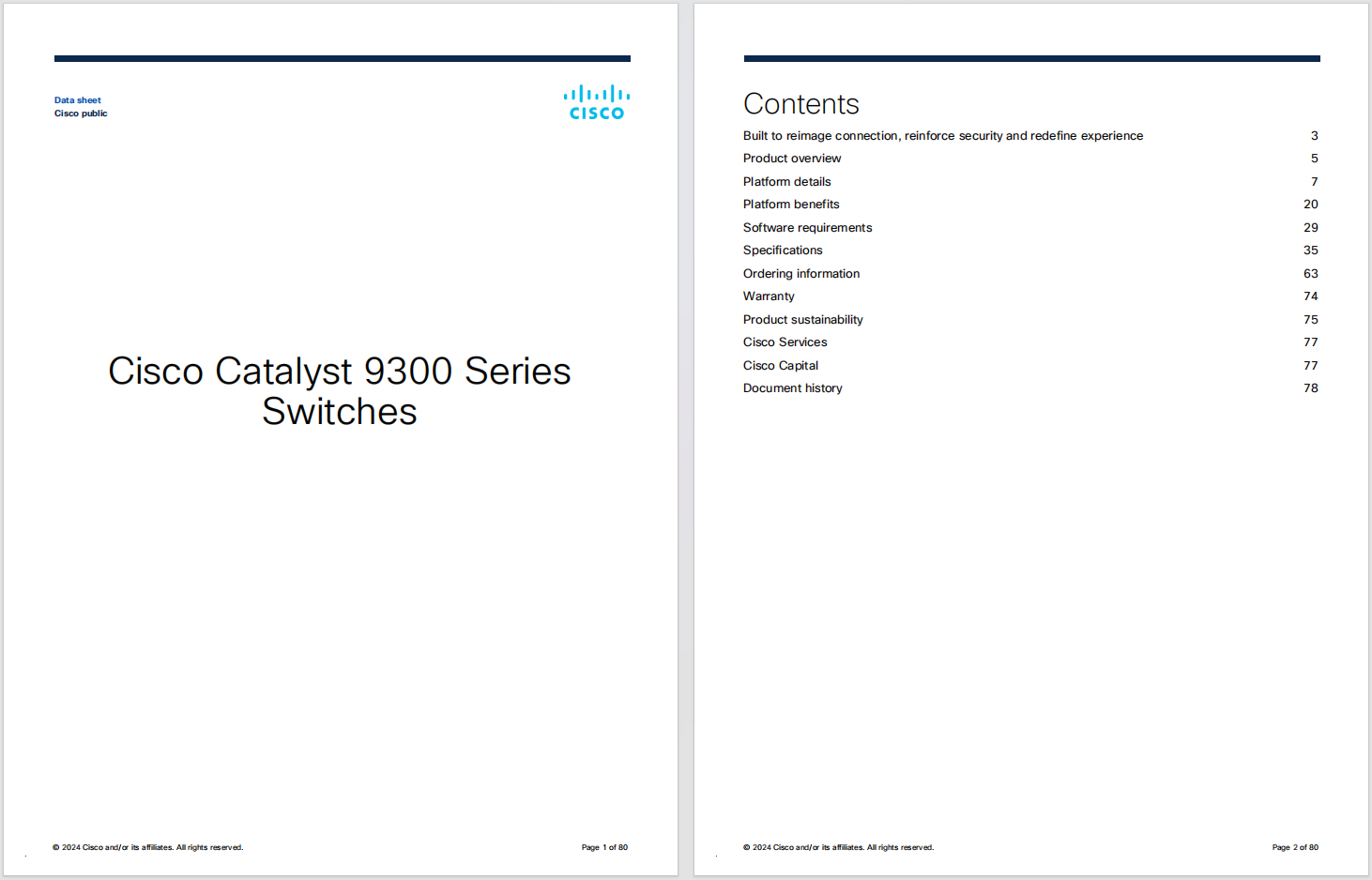
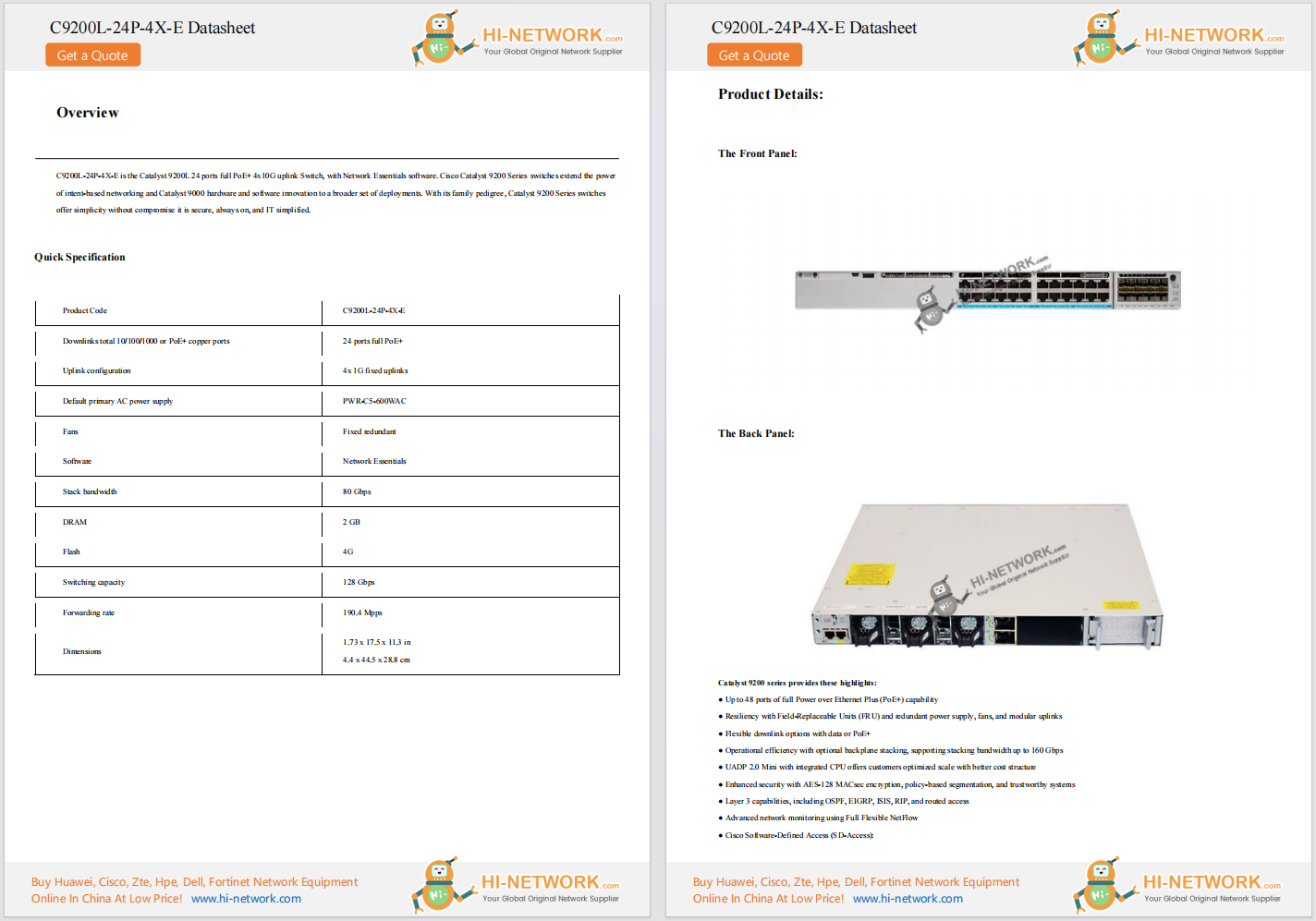
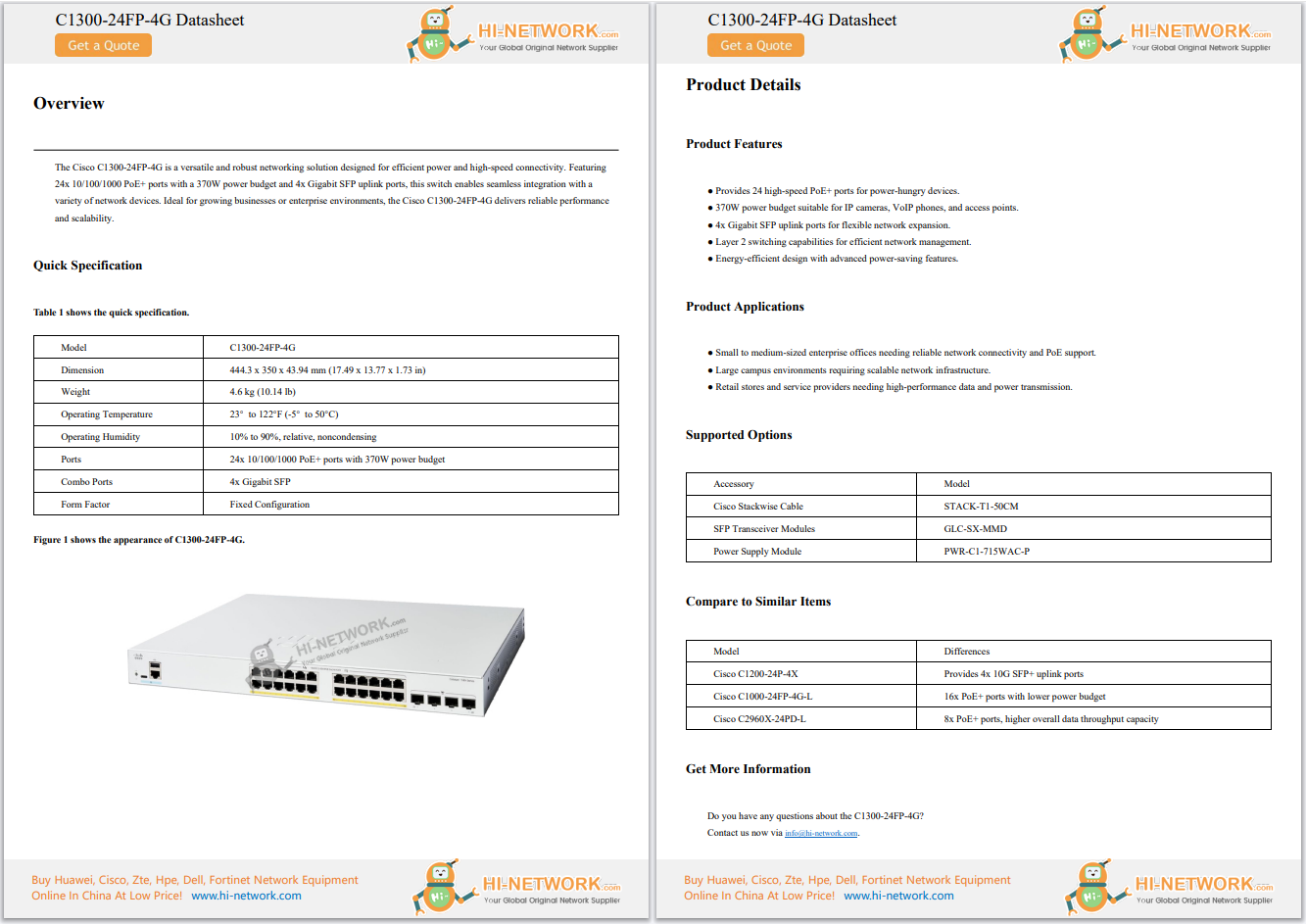
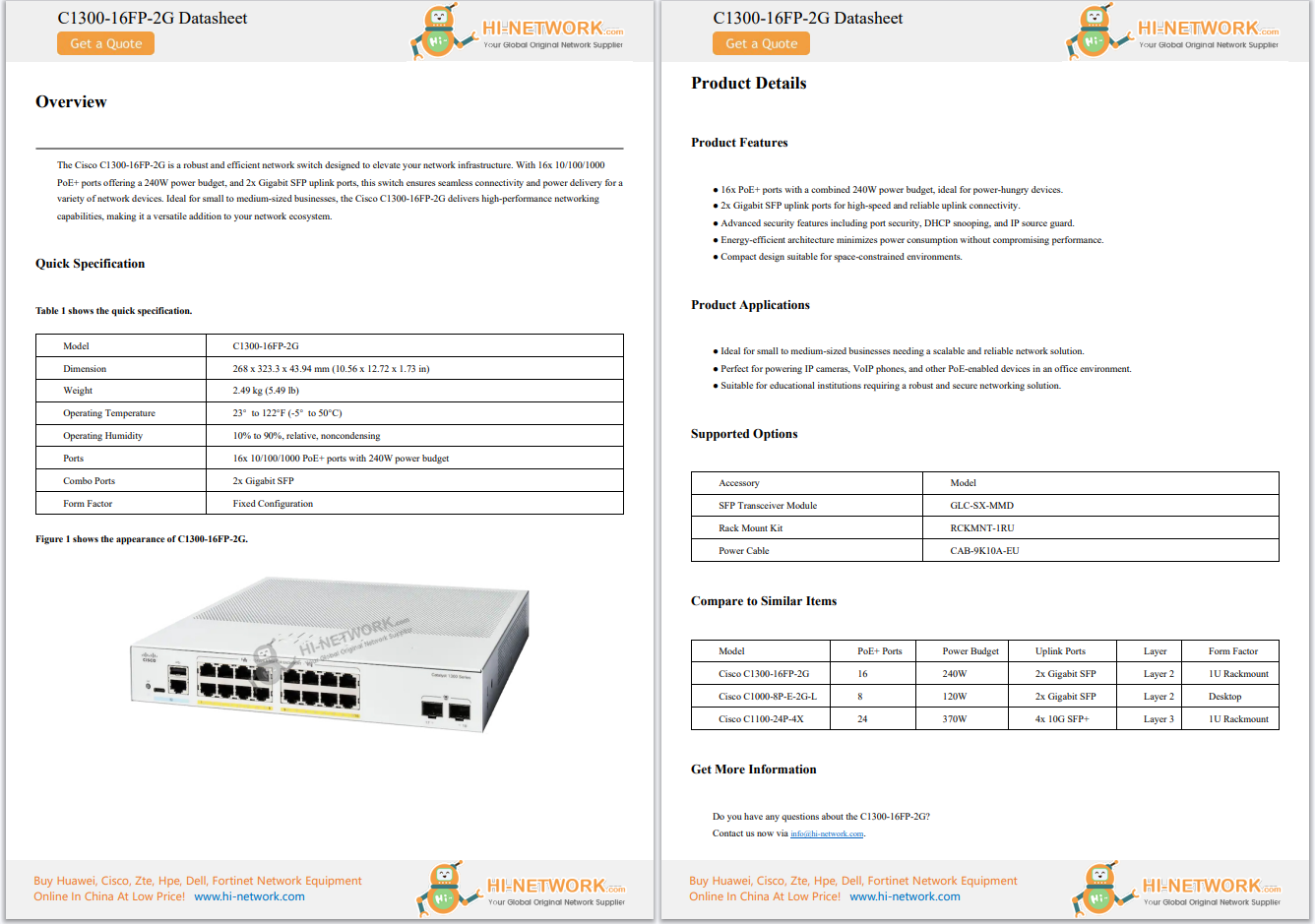
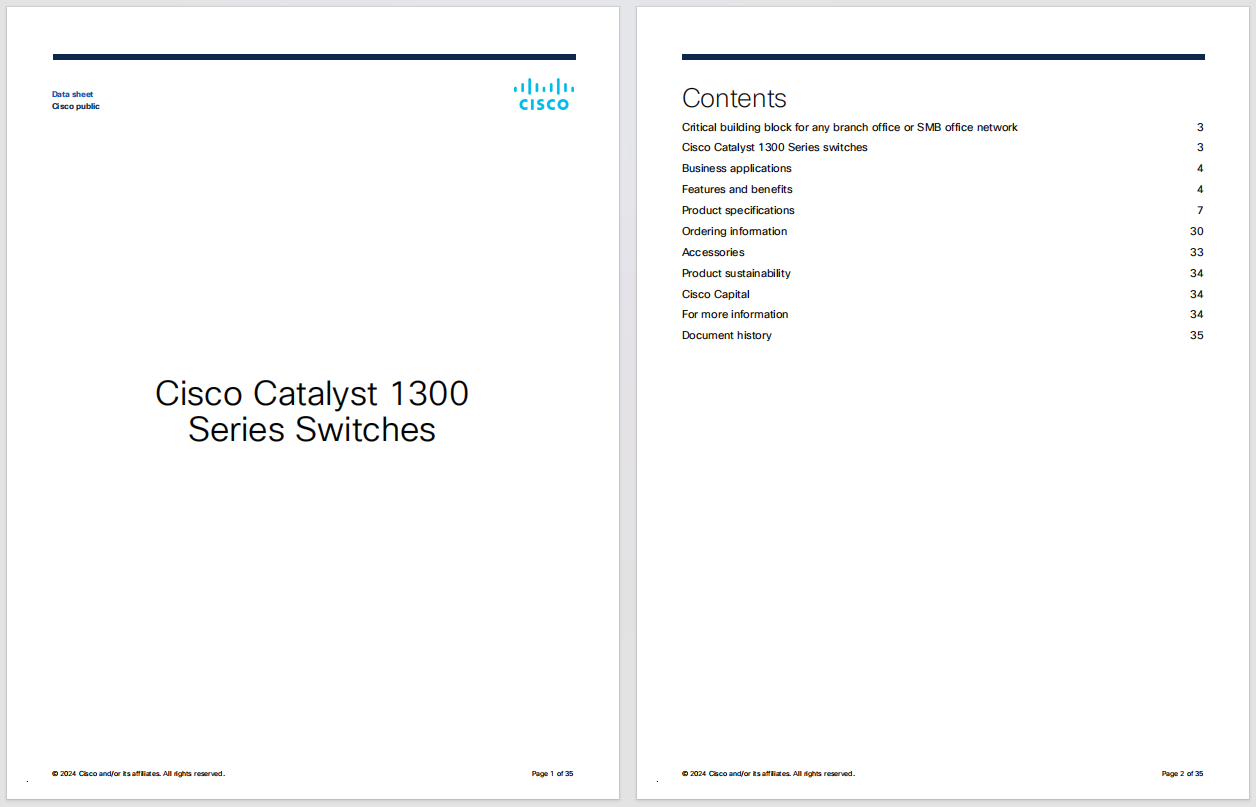
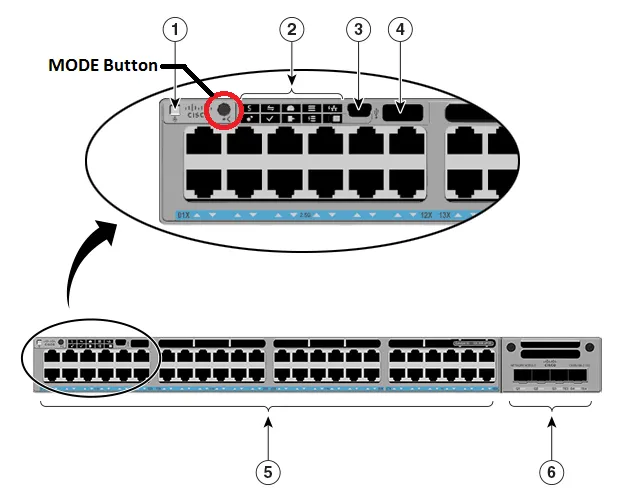
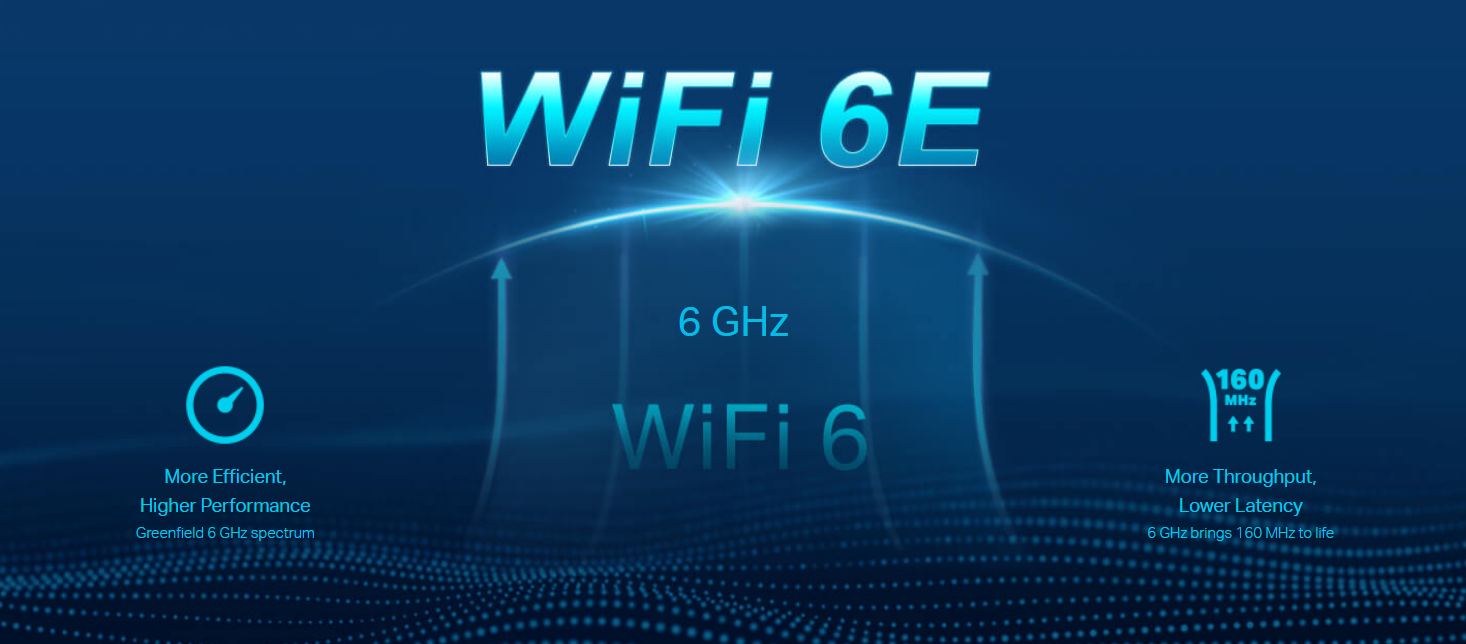
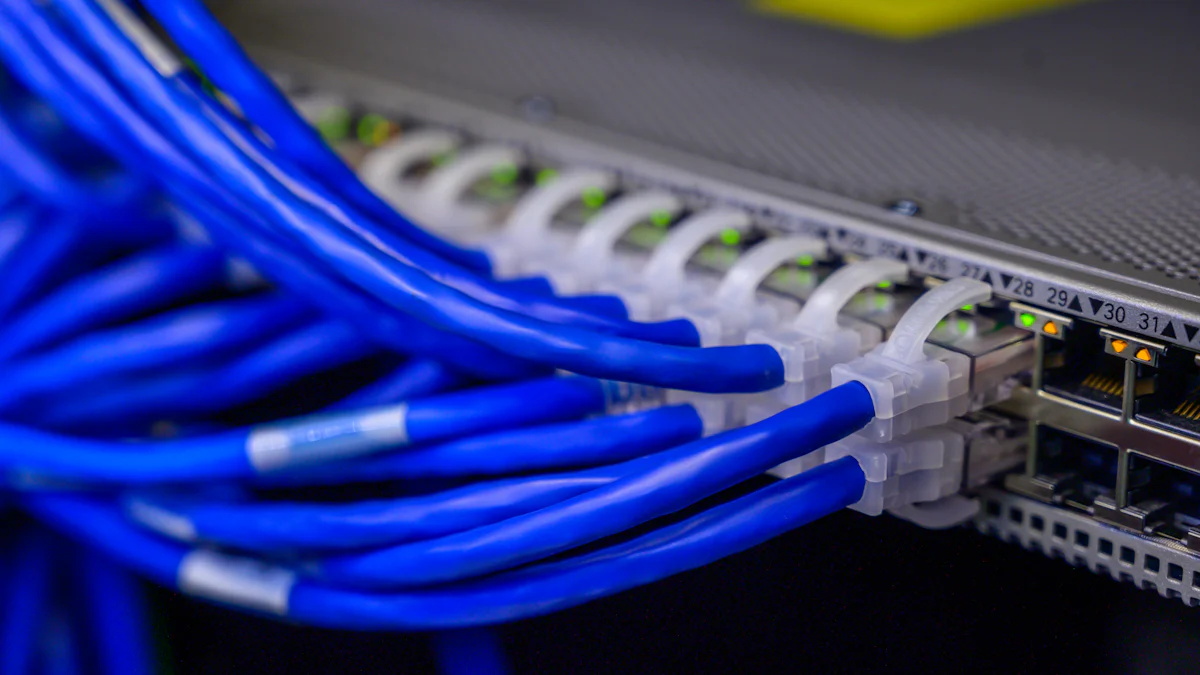


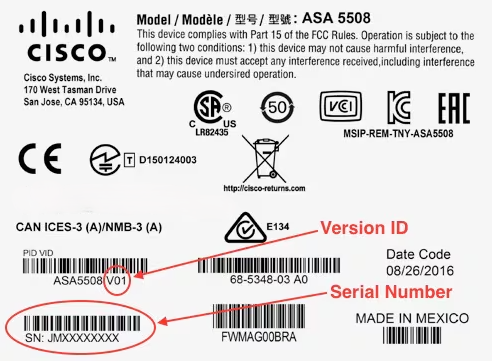
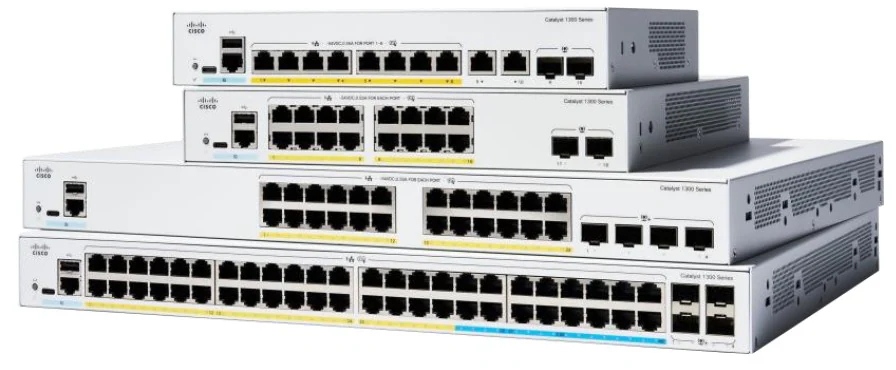
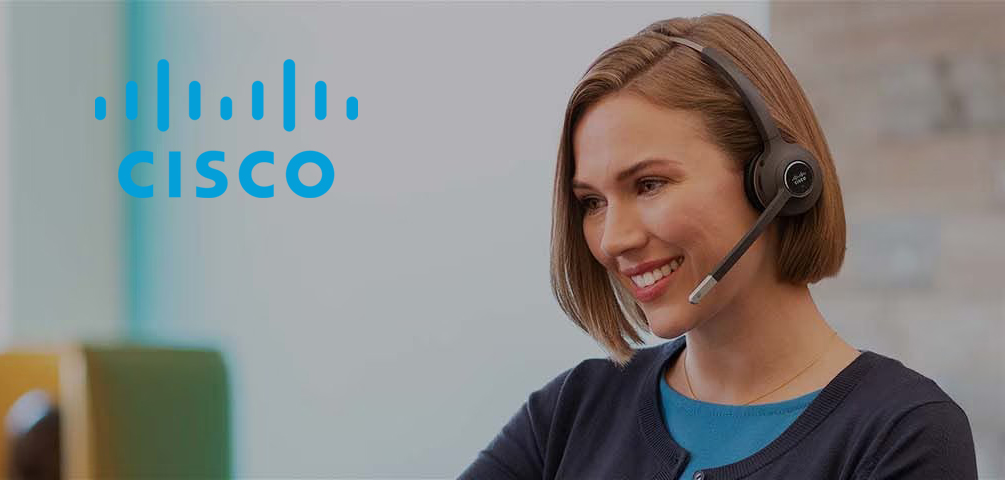
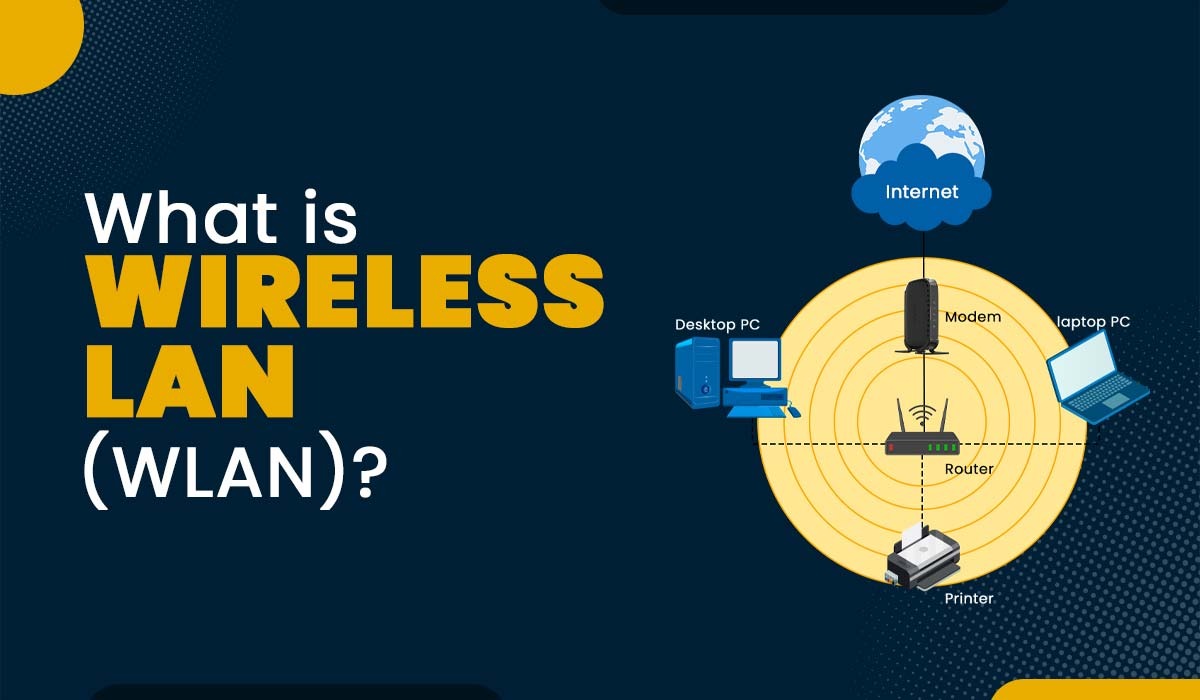
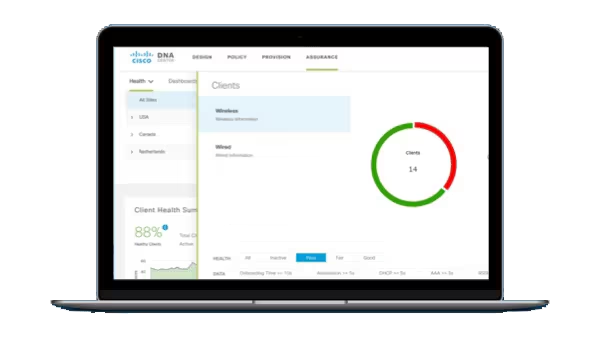
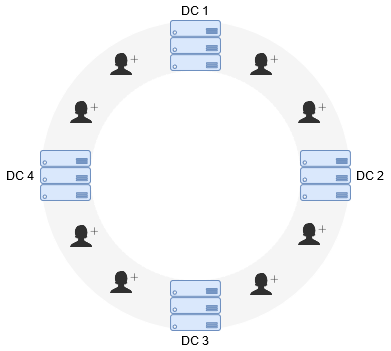
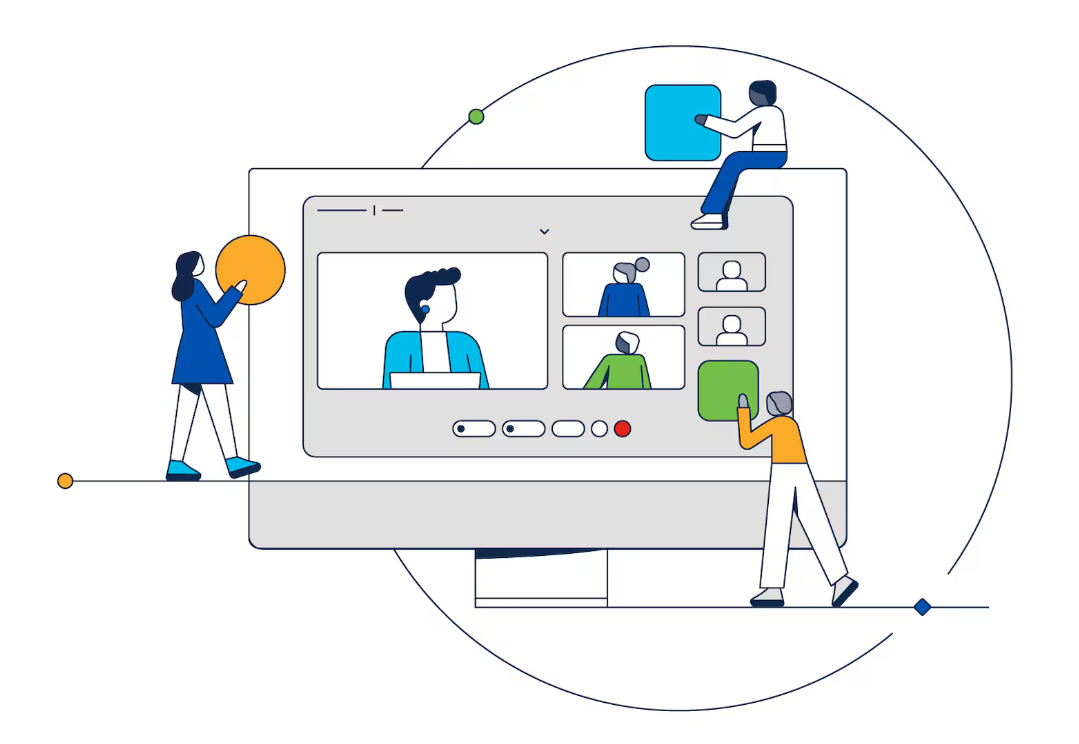
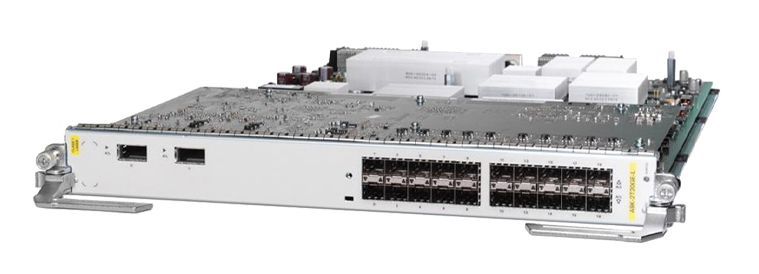

 Why do some transformations succeed and other fail?
Why do some transformations succeed and other fail?I read some research recently from PMI, Gartner and other sources saying that 71% of IT projects are failures - 19% are utter failures. Another survey found that 51% of digital transformation projects had stalled or been abandoned altogether.
Clearly something is lacking in these initiatives. Is it vision? Timing? Technology? Solid project management practices? A sound business model? Strong, consistent communication and change management? All those things are important, but most leaders would say they invest deeply in them already. And yet, still transformations fail to take root.
I believe the key to success or failure is much deeper. It's themindsetof those involved in making transformation happen: business and IT leaders, frontline staff, and even the vendors and partners you choose to work with you.
In my 20 years at Cisco, I've been through my share of transformations - most recently, our company-wide evolution to Customer Experience (CX). I've also seen the power ofadaptive mindsetin making transitions faster, more effective, and longer lasting.
Dr. Carol Dweck from Stanford University coined the phrases "fixed mindset" and "adaptive mindset" over 30 years ago while researching the attitudes that students displayed when they failed while solving challenging puzzles.
During these studies, Dweck noted that some kids saw failures as opportunities to learn what didn't work. These kids exhibited a growth mindset and looked for alternative ways to succeed, rather than chalking up the failures to deficits in who they were as individuals. This is in stark contrast to the kids with a "fixed" mindset, where, as Dweck notes, people fear failure, avoid risk, and devalue effort out of concern that it might unveil personal inadequacies. When they encountered a setback on the puzzle, this subset of kids gave up, because they felt they weren't smart enough.
People with adaptive mindsets show other traits, too: self-awareness, positivity, curiosity, empathy, and allowing room for failure without judgement.
When you and your teams have an adaptive mindset, you start to see a range of benefits.
 For employees, the ability to respond to change means less stress in times of uncertainty, and because they can let go of assumptions and outdated beliefs, they ramp up faster and become productive in a new situation, as well as solving problems more effectively.
For employees, the ability to respond to change means less stress in times of uncertainty, and because they can let go of assumptions and outdated beliefs, they ramp up faster and become productive in a new situation, as well as solving problems more effectively.
For leadership, when you know the organization is ready for change, you have greater confidence to take risks and try new approaches and know that you'll spend less time managing resistance and objections.
For the overall business, this translates to greater agility to recognize and capture new opportunities - such as digital transformation.
In my years at Cisco, I have observed and led teams that held adaptive mindsets. Those teams far outperformed teams dominated by fixed mindsets.
This was true whether the team was facing a huge change like a new company strategy, a department reorganization, or mergers and acquisitions, or more isolated events like negative customer feedback, new product launches, or personal role changes.
In Cisco Customer Experience (CX), our organization is all about working with customers during change. Sometimes those changes are huge opportunities, like an exciting new project. Other times - such as a support interaction during a major outage - the situation starts out much more stressful.
Regardless, we expect our CX people to bring their best and adapt to the situation: looking for opportunities, thinking on their feet, and putting themselves in their customers' shoes.
 In fact, if you look at a few of our recent blogs you'll discover variations of this kind of mindset in action. For example:
In fact, if you look at a few of our recent blogs you'll discover variations of this kind of mindset in action. For example:
These are traits you can really feel every day.
Equipping employees with skills and knowledge is hard enough. Changing attitudes and culture? It can seem impossible. But there are approaches that work.
Start with the individual and go slow.The most important element for me is helping people understand self-awareness and how to direct the underlying attitudes that lead to mindset in the first place. Help them do this over time, in small chunks, rather than trying to intensively train it through a workshop or offsite.
Bring teams along.Culture is a team sport. The wrong team atmosphere will crush a single positive spirit, but a resilient team will hold fast whatever the world throws at it. So, don't shy away from team discussions and training about mindset.
Change how you reward and recognize.Show that your company really wants people to innovate, learn, grow and take risks, by celebrating mistakes. Treat mistakes as discoveries of new ways forward.
Hire people that have adaptive mindsets.You can gear interviews to discover fixed- versus adaptive-mindset thinkers.
Encourage growth and innovation.Your employees need safe opportunities to put themselves in new situations and test out their ability to adapt. Stretch assignments, rotations, secondments and other similar programs can be valuable. Running new projects in new teams while practicing specific elements of adaptive mindset is a powerful combination.
Ultimately, leading by example is the key. As leaders drive transformation in organizations across the world, setting the right tone and demonstrating a positive, adaptive mindset for employees is important. Teaching employees how to foster and exhibit adaptive mindset is priceless.

What are your thoughts about adaptive mindset? Share them in the comments below.
 Tags quentes :
Destaque
Cisco Customer Experience (CX)
we-are-listening
#CiscoCX
#GrowthMindset
Tags quentes :
Destaque
Cisco Customer Experience (CX)
we-are-listening
#CiscoCX
#GrowthMindset